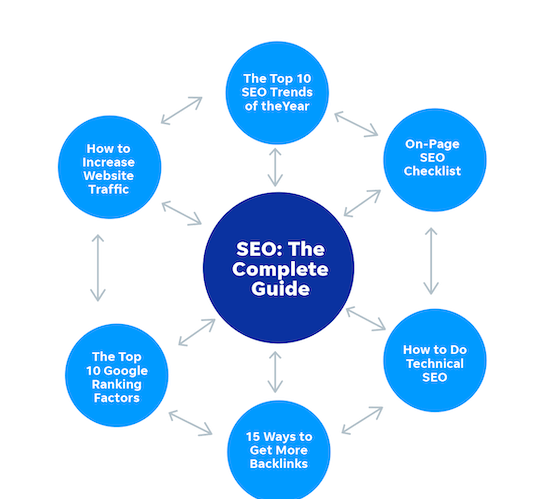When it comes to ranking websites, search engines employ complex algorithms that consider numerous factors to determine the relevance and quality of a website’s content. While the precise details of these algorithms are proprietary and constantly evolving, there are several key factors that consistently play a significant role in search engine rankings. Here are the main factors that search engines consider when ranking websites:
- Content Quality: Search engines prioritize high-quality content that is relevant, informative, and valuable to users. They assess factors such as the uniqueness, depth, and accuracy of the content. Websites with well-written, comprehensive, and authoritative content tend to rank higher.
- Keywords and Relevance: Search engines analyze the keywords and key phrases used in a website’s content, titles, headings, and metadata to determine its relevance to specific search queries. Strategic and natural use of relevant keywords throughout the content helps search engines understand the topic and context of the website.
- On-Page Optimization: Search engines consider various on-page elements to evaluate a website’s relevance. These include the proper use of title tags, meta descriptions, heading tags (H1, H2, etc.), URL structure, image alt tags, and internal linking. Optimizing these elements according to relevant keywords and providing a good user experience can positively impact rankings.
- Backlinks and Link Quality: Search engines view backlinks from other websites as votes of confidence and authority. The quantity and quality of backlinks, including the reputation and relevance of linking websites, play a significant role in search engine rankings. Obtaining high-quality backlinks from reputable sources can enhance a website’s authority and visibility.
- User Experience: Search engines consider user experience signals to determine the quality and relevance of a website. Factors like website speed, mobile-friendliness, ease of navigation, low bounce rates, and high engagement metrics (such as time spent on site, page views, and social shares) indicate a positive user experience. Websites that provide a seamless and enjoyable user experience tend to rank higher.
- Website Loading Speed: Search engines prioritize fast-loading websites as they contribute to a positive user experience. Websites that load quickly are more likely to rank higher in search results. Optimization techniques like image compression, caching, minimizing scripts, and efficient hosting can improve loading speed and positively impact rankings.
- Mobile-Friendliness: With the growing use of mobile devices, search engines prioritize mobile-friendly websites. Responsive design, mobile-optimized content, and fast-loading pages on mobile devices contribute to improved rankings. Ensuring that a website is accessible and functional across different screen sizes is crucial for search engine visibility.
- Social Signals: While the direct impact of social media on search rankings is debatable, search engines may consider social signals as indicators of a website’s popularity and relevance. Social shares, likes, comments, and brand mentions can indirectly influence search engine rankings by driving traffic and indicating user engagement.
- Domain Age and Authority: Older domains that have been established for a longer period tend to have more authority and trust. Search engines may consider the age of a domain, as well as the overall authority it has gained through quality content, backlinks, and positive user experiences.
- Website Security: Search engines prioritize user safety, and they favor websites that have robust security measures in place. Using HTTPS encryption, having a valid SSL certificate, and protecting against malware and hacking attempts can positively impact search rankings.
It’s important to note that search engines regularly update their algorithms, and the weight assigned to each factor can change over time. Therefore, it’s essential for website owners and digital marketers to stay informed about the latest trends and best practices in search engine optimization (SEO) to maintain and improve their website’s rankings.





